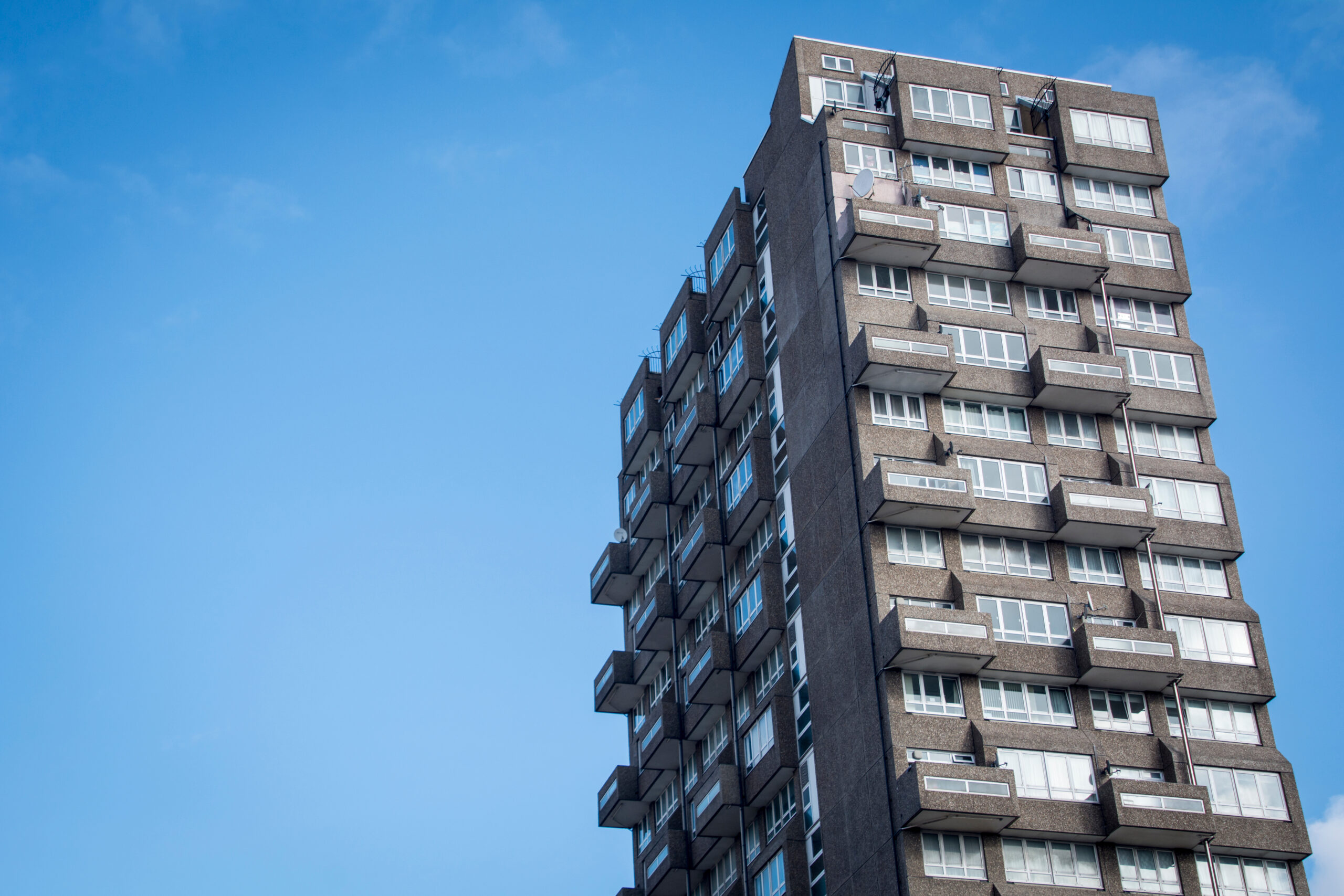A group of landowners have begun a judicial review in the high court over the introduction of the Leasehold and Freehold Reform Act. The legislation, which was passed by MPs at the end of the last parliament, is designed to expand the rights of leaseholders. You can find out more about the Leasehold and Freehold Reform Act (LAFRA) in our previous explainer here. Let’s take a look at what the landowners are challenging and the implications of this legal action for leasehold reform.
Judicial review in the High Court
The judicial review, which aims to prevent many of the reforms in LAFRA from taking place, has been initiated by a number of wealthy landowners, including the Duke of Westminster’s Grosvenor Estate under the Cadogan and Grosvenor Group. Between them, the six groups challenging the reforms own the freehold interest in more than 390,000 leasehold flats and houses across England and Wales, less than 9% of the total number of leasehold properties.
The challenge has been brought under the European Convention on Human Rights (ECHR), with the freeholders claiming that some of the measures contained in the Act are contrary to their right to enjoy private property.
The hearing in the Divisional Court began on Tuesday 15th July and is set to conclude by Friday 18th July. Subscribe to our newsletter for further updates.
What measures of the Leasehold and Freehold Reform Act are being challenged?
There are three aspects of the Leasehold and Freehold Reform Act which are being challenged by the freeholders. This includes:
- The removal of the requirement for leaseholders who possess leases under 80 years to pay 50% of the marriage value to the freeholder.
- The removal of the requirements for the leaseholder to pay the freeholder’s costs when extending the lease
- The exclusion of ground rents worth more than 0.1% of the freehold vacant possession value from being included when calculating the price which is payable for the extension.
It is claimed by the landowners that they could lose hundreds of millions of pounds as a collective due to the advent of the reforms, and that they will not be fairly compensated by the advent of the above measures.
What happens next?
Unfortunately for leaseholders, the legal challenges mean an indefinite delay to the implementation of many aspects of the Leasehold and Freehold Reform Act. The potential for appeals by either side following the conclusion of the High Court case, regardless of the outcome, could result in the reforms becoming mired in legal battles for the next few years. Although the government committed to replace leasehold with a “fairer model” in their manifesto, the reality of this happening currently looks a long way off.
Nevertheless, the Housing Minister Matthew Pennycook reiterated the government’s commitment to bringing the leasehold system to an end by the conclusion of this parliament (2029). But what does the government plan to replace leasehold with? To learn more, read our article all about the government’s plans for a new commonhold model here.
Have questions? Get in touch today!
Call our office on 020 7928 0276, we will be taking calls from 9:30am to 6:00pm.
Email us on info@lisaslaw.co.uk.
Or, use the contact form on our website. Simply enter your details and leave a message, we will get right back to you: https://lisaslaw.co.uk/contact/
For more updates, follow us on our social media platforms! You can find them all on our Linktree right here.





